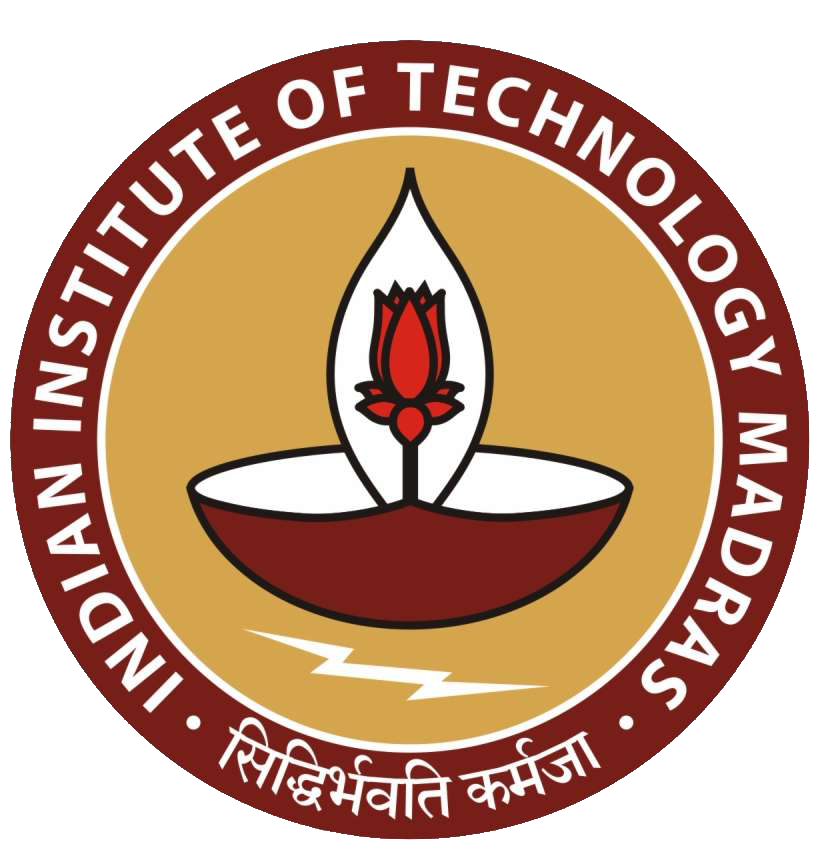
CV 2070: Hydraulics & Water Resources Engineering
Credit: 12 (Core)

CE 3030: Water Resources Engineering
Credit: 12 (Core)

CE 6400: Hydrologic Data Analysis and Modeling
Credit: 9 (Elective)